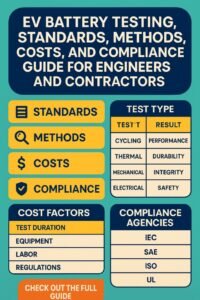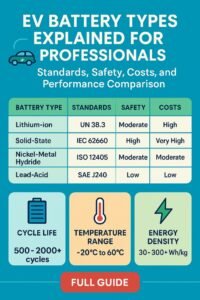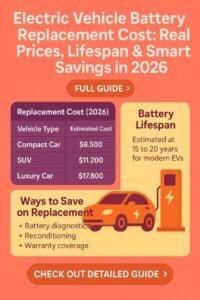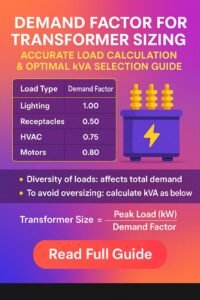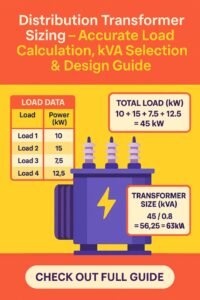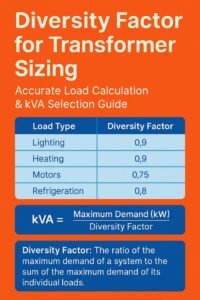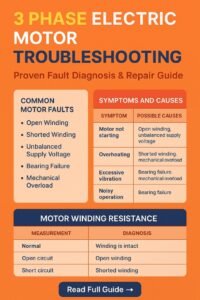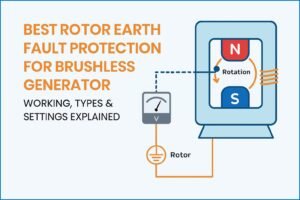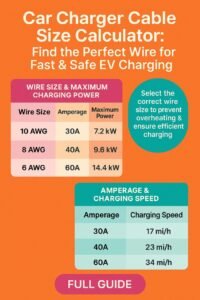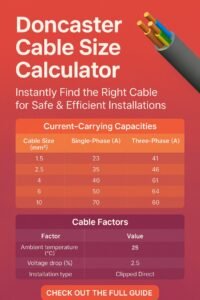Electrical Engineering Hub
Your Guide to Electrical Engineering, Solar Energy & Power Systems
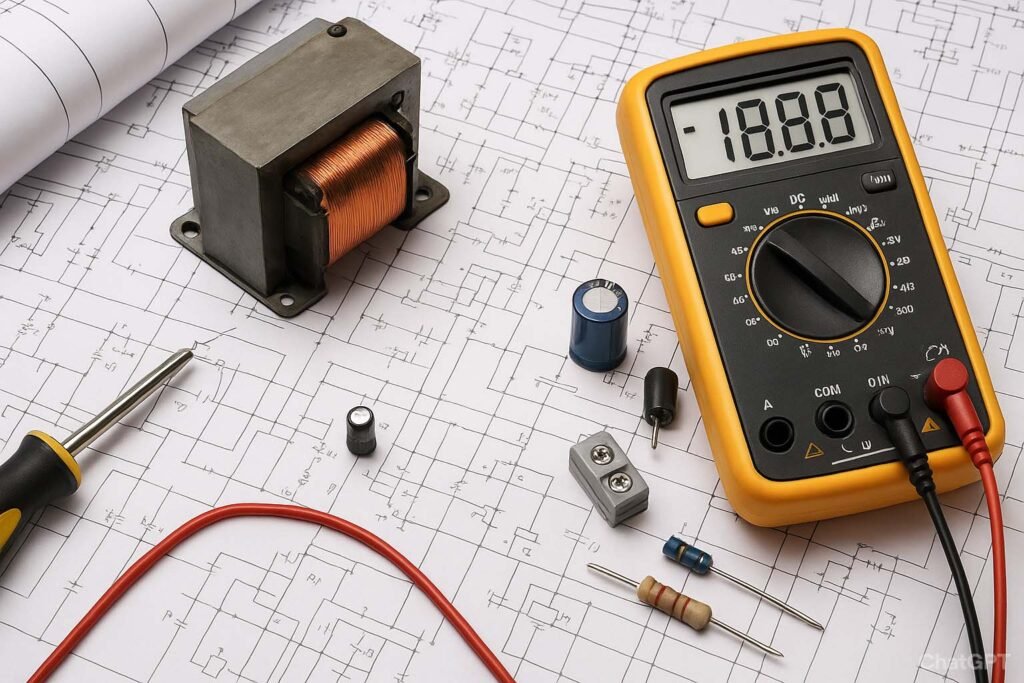
About Electrical Engineering Hub

A trusted platform for learning, exploring, and mastering concepts in electrical engineering. Whether you are a student, professional engineer, or passionate about solar energy, transformers, motors, renewable systems, generators, and electric vehicles (EVs), this is the right place; where complex topics are explained in simple words.
Our goal is to make technical knowledge accessible and practical so you can apply it in the real world—whether in power systems, home wiring, industrial projects, or renewable energy installations.
Electrical engineering is at the heart of modern technology. From solar power plants to EV charging systems, from low-voltage transformers to smart grid applications, the field is constantly evolving. At Electrical Engineering Hub, we cover:
Electric Vehicle Charging & E-Mobility
Transformers & Power System Protection
Motors, Drives, and Industrial Control
Generators & Backup Energy Solutions
Fundamental Electrical Engineering Concepts
Each topic is explained in detail with diagrams, examples, calculators, and case studies, so you get practical insights along with theory.
Solar Energy & Renewable Power Systems
Solar power is no longer the future. It’s the present. From small home-based solar installations to large-scale grid-connected solar farms, renewable energy is reshaping how the world consumes electricity.
On Electrical Engineering Hub, you will find:
Guides on solar system sizing for homes and industries.
Practical comparisons between grid-tied and off-grid solar systems.
Tips on solar panel cleaning, maintenance, and efficiency improvement.
In-depth tutorials on solar tubewell systems and agricultural applications.
Explore our solar energy articles to learn how you can design, optimize, and maintain solar systems.
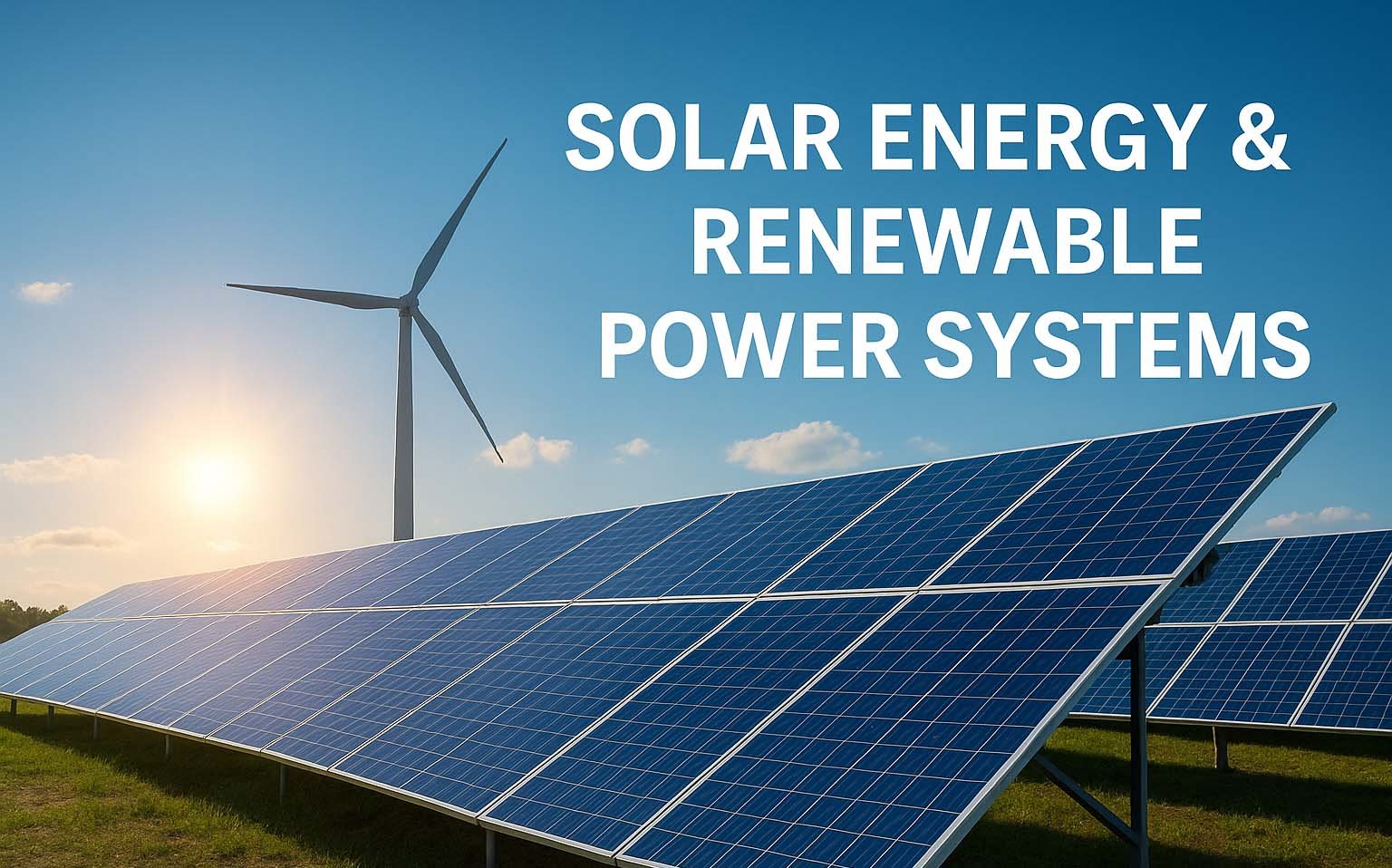
Electric Vehicles & Charging Systems

The rise of electric vehicles is creating new opportunities and challenges in the power industry. Whether you are looking at home EV charger installation costs in the UK, or planning commercial EV charging stations, we provide insights backed by real-world data.
Topics we cover include:
Cost of installing 7kW and 22kW EV chargers.
Commercial EV charger installation costs and business models.
EV charging standards and smart charging technologies.
Impact of EVs on the grid and power distribution systems.
Visit our section on EV chargers and e-mobility for detailed cost breakdowns and installation guides.
Transformers & Power Systems
Transformers are the backbone of electrical power networks. At Electrical Engineering Hub, we cover both theoretical concepts and practical applications of transformers.
Our articles include:
Auxiliary transformer manufacturers for power plants.
Transformer testing procedures such as PI Test.
Protection systems like bus differential protection calculation and high impedance differential protection.
Real-world transformer differential relay setting calculations.
Explore our transformer knowledge hub to understand how transformers power our homes, industries, and entire cities.

Motors & Industrial Drives
Motors are everywhere; from pumps and fans to industrial automation systems. Understanding how to size, connect, and protect motors is essential for every electrical engineer.
At Electrical Engineering Hub, we explain:
VFD (Variable Frequency Drive) connections and earthing.
Motor protection techniques against overloads and short circuits.
Efficiency improvements in AC and DC motors.
Standards for motor earthing and grounding.
Explore our motors and drives section for practical guides and engineering solutions.
Generators & Backup Power
In many regions, backup power generation is critical for industries, hospitals, and homes. Generators provide stability and reliability when the grid fails.
We cover:
Diesel generator sizing for residential and commercial applications.
Comparison of diesel, gas, and renewable backup systems.
Generator maintenance tips to ensure long life and efficiency.
Hybrid systems combining solar with diesel generators.
Read our generator articles to learn how to select, size, and maintain your backup systems.
Electrical Engineering Concepts & Circuits
Beyond applied systems, Electrical Engineering Hub also covers the core concepts that every electrical engineer should know.
Some of our popular guides include:
Thevenin’s Theorem explained with examples.
Schmitt trigger circuits and applications.
Logic gate tutorials such as NOR gate truth table.
Protection concepts like fault current distribution in transformers.
Step-by-step tutorials on relay settings and power system analysis.
Explore our electrical concepts & circuit analysis section for more in-depth tutorials.
Tools & Calculators
To make your learning and projects easier, Electrical Engineering Hub also offers interactive calculators:
Wire Size Calculator by Load and Distance – to choose the right wire for home or industrial use.
Solar Load Calculator – to size your solar panels and batteries correctly.
Transformer Protection Calculator – for relay and fault settings.
Try out our electrical engineering calculators to save time and avoid costly mistakes.
Final Thoughts
Electrical Engineering Hub is more than just a blog. It’s a complete knowledge hub for electrical engineering. From solar energy systems to transformer protection, from EV charging to industrial motors, our goal is to provide you with reliable, easy-to-understand, and practical engineering content.
Start exploring today with our detailed resources on power and distribution transformers suppliers, solar systems, EV chargers, and more on Electrical Engineering blog.
Latest News on Electrical Engineering
Frequently asked questions
What are the main fields of electrical engineering?
Electrical engineering includes power systems, electronics, control systems, renewable energy, communications, and instrumentation.
Why are transformers important in power systems?
Transformers step voltage levels up or down, enabling efficient transmission and distribution of electricity.
What is the average cost of installing a home EV charger?
Depending on charger capacity and country, costs range from $700 to $1,500 for a 7kW charger.
What are common applications of Schmitt triggers?
Schmitt triggers are widely used in oscillators, signal conditioning, and digital circuits for noise-free switching.
In case of any suggestion or query, please reach out by clicking below.

